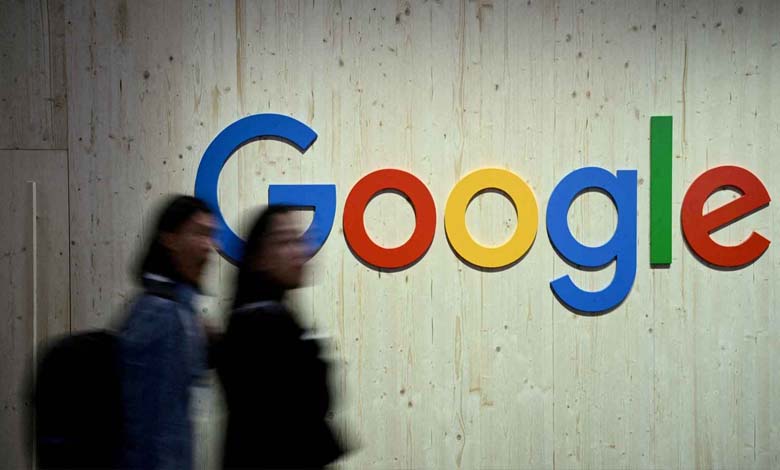Strong Measures to Prevent Google from Monopolizing Online Search

For over a decade, Google has dominated the global search engine market, commanding more than 90% of market share.
It has become the primary gateway to digital information, shaping how billions access knowledge.
-
Google Launches 4 New Features for Travel and Tourism
-
For $32 Billion… Why Did Google Acquire “Wiz”?
However, this dominance is increasingly raising antitrust concerns: is there still real competition when one company sets the rules?
In response, governments and regulatory bodies worldwide are stepping in to curb Google’s digital monopoly. In the United States, the federal government has launched lawsuits against Google for abuse of market power.
In Europe, the European Commission has imposed record fines and introduced stricter rules to ensure fairness and transparency.
Key proposed measures include:
- Forcing Google to separate its core services (search, advertising, YouTube, Android…)
- Opening up closed ecosystems to competitors
- Enforcing neutrality in search result rankings
- Mandating data portability and cross-platform interoperability
This issue goes beyond economics. It’s about preserving a free, diverse, and fair Internet.
When Google prioritizes its own products in search results, it distorts competition, harms small innovative businesses, and limits user choice.
-
Google Renames Gulf of Mexico to “Gulf of America”
-
A New Google Service Lets AI Make Calls on Your Behalf
Several initiatives are aiming to decentralize web search. Engines like DuckDuckGo, Ecosia, and Brave Search offer alternatives focused on privacy, sustainability, and transparency. Yet without strong regulatory support, these alternatives struggle to gain ground against a player with virtually unlimited resources.
Preventing Google from locking down access to online information is a strategic challenge of the 21st century.
-
Illegal Searches: 4 Google Searches You Should Never Do
-
Google to Users: Stop These Practices to Prevent Your Money from Being Stolen
The decisions made today will shape whether the digital economy remains open and competitive or becomes further dominated by tech giants.
Regulators, citizens, and businesses all have a role to play in defending a democratic and pluralistic Internet.












